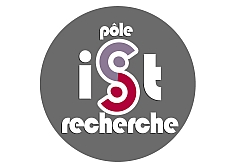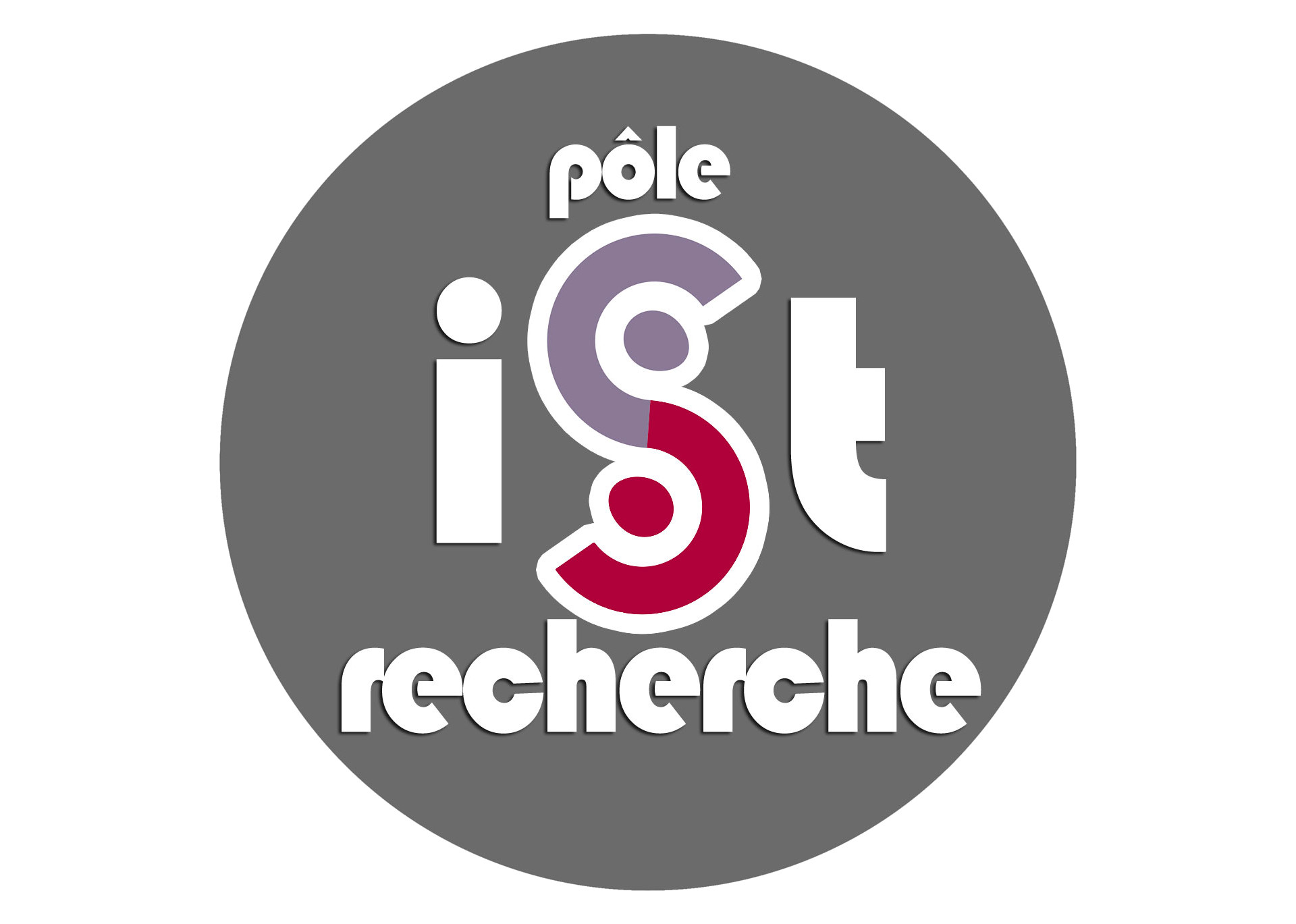 Copyright
Copyright
"Copyright includes a "patrimonial" right and a "moral" right (L111-1) [1]. The moral right is attached to the person of the author: it is perpetual, inalienable, imprescriptible (L121-1 and L121-2) [1]. It recognizes the authorship and integrity of the work. The patrimonial right governs the modalities of exploitation of the work and intervenes in the interactions between the authors and those responsible for the diffusion of the work (publisher). Most often, it is exercised on the basis of a contract between authors and publisher. It is therefore important to take special care in reading and signing the contract between the author and the publisher. "
The Law for a Digital Republic
The Law for a Digital Republic was adopted on 28 September 2016 by the French Parliament and promulgated on 7 October 2016.
Article 30 of the Law for a Digital Republic confers on authors the right to disseminate their research works in open access:
“Art. L. 533-4. – I. – When a scientific text arising from a research activity financed at least 50% by grants allocated by the state, by regional or local authorities or public institutions, by grants from national funding agencies or by European Union funds is published in a periodical appearing at least once a year, its author, even after having granted exclusive rights to a publisher, has the right to make available free of charge in an open format, in digital form, subject to the agreement of any co-authors, the final version accepted for publication, as soon as the publisher itself makes the latter available free of charge in digital form, and, failing this, on expiry of a period running from the date of first publication. This period is a maximum of six months for a publication in the field of the sciences, technology and medicine, and twelve months in that of the human and social sciences.
“The version made available in application of the first subparagraph may not be exploited in the framework of a commercial publishing activity.
“II. – Once the data from a research activity, financed at least 50% by grants allocated by the state, by regional or local authorities or public institutions, by grants from national funding agencies or by European Union funds, are no longer protected by specific rights, or special regulations, and they have been made public by the researcher, the research establishment or organization, they can be freely reused.
“III. – The publisher of a scientific text mentioned in I shall not limit the reuse of research data made public in the framework of its publication.
“IV. – The provisions of this article are public policy and any clause to the contrary is deemed to be unwritten.”
Useful resources:
• WillO tool (developed by the University of Lille) to determine whether the use you expect of your publication is covered by Article 30 of the law for a Digital Republic;
Video:
The video above, produced by IST Agropolis, aims to explain how Article 30 of the law allows researchers to publicly disseminate their scientific articles, including open archives.
Publisher's policy
For English-language publishers, Sherpa/Romeo site gives you the procedure for deposit in an open archive:
For each journal, you can check if you can submit a pre-print, post-print and/or editor's version. If your publisher is French (your contract if under French Law), you can deposit your post-print 6 months (12 for social sciences) after the date of first publication date, thanks to the Law for a Digital Republic.
If you deposit your file, you can impose an embargo of a period going from a month to 2 years. The file will be automatically released on HAL on the date you choose. For the time it is being held, other researchers can ask you a specific authorization to access your publication (similar to ResearchGate's "Request full-text" button).
What about foreign Publishers ?
If your contract does not come under French Law, but you work for a French laboratory, the Law for a Digital Republic might be difficult to apply.
As for now, please be aware that some French rules have already been applied to foreign stakeholders, but on this point things are not clear.
Our recommandation is to follow the policy as described in Sherpa/Romeo or ask advice to your referring librarian (get the contact on the homepage).
Note : If your research is financed under the European program H2020, you are asked to publish your results in OpenAccess, whether it is the green road (repositories like HAL) or gold road (OpenAccess journal).
"Article 29.2 of the Model Grant Agreement sets out detailed legal requirements on open access to scientific publications: under Horizon 2020, each beneficiary must ensure open access to all peer-reviewed scientific publications relating to its results."
- Read the Open Access H2020 guide (last consulted : 7 june 19)
- Read the article 29 / Annotated General Model Grant Agreement V5.1 (last consulted : 7 june 19)
Addendum to Publication Agreement
If needed, several templates -both in French and English- are freely available here.
Still have a question ?
Feel free to contact us !
- email : pole-ist[at]centralesupelec.fr
- phone number : get the phone number of your referring librairian on the homepage

